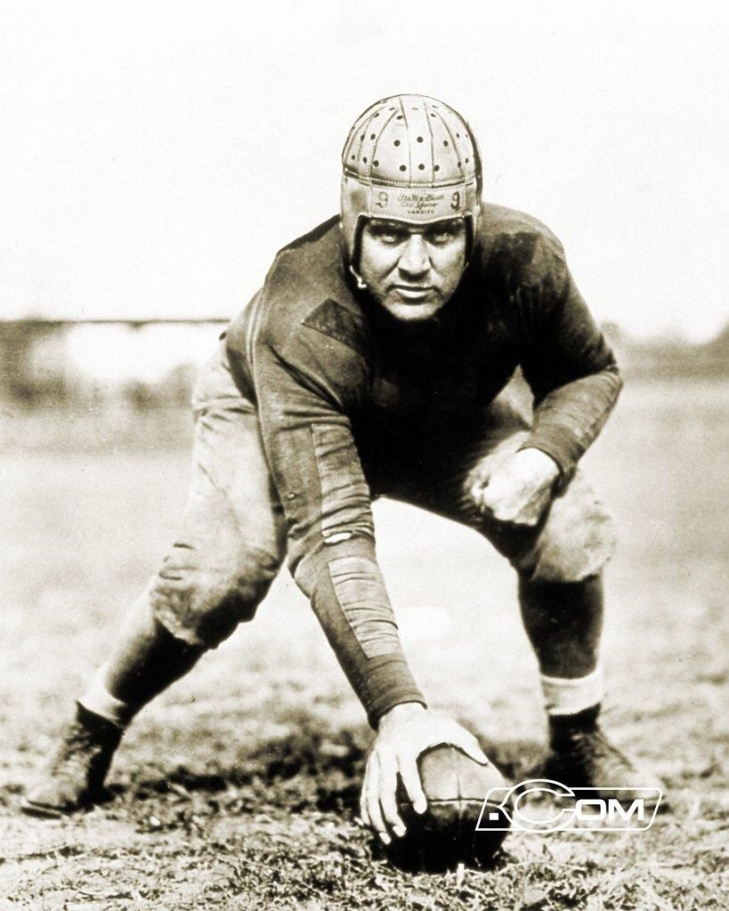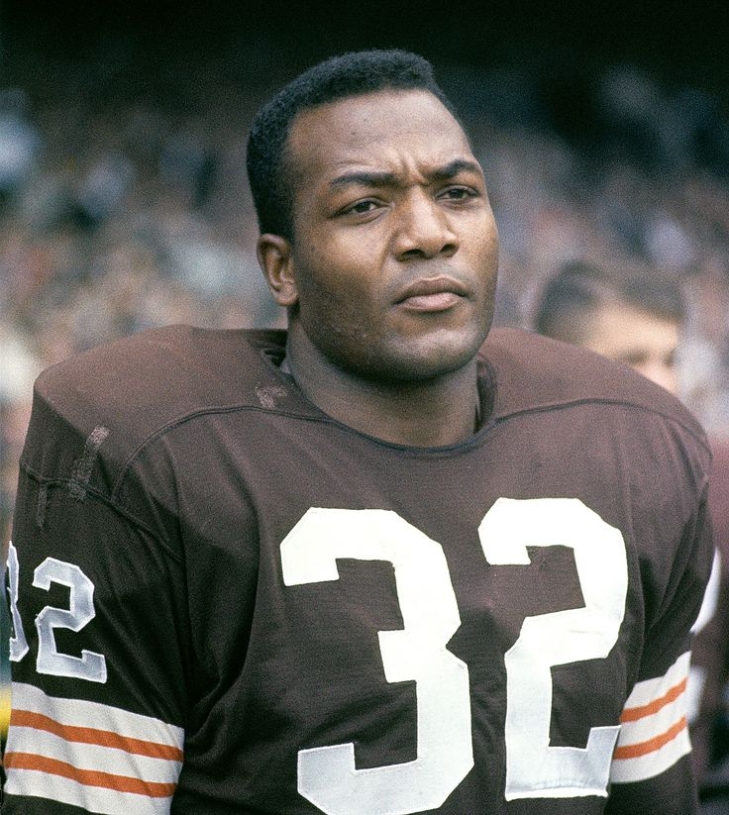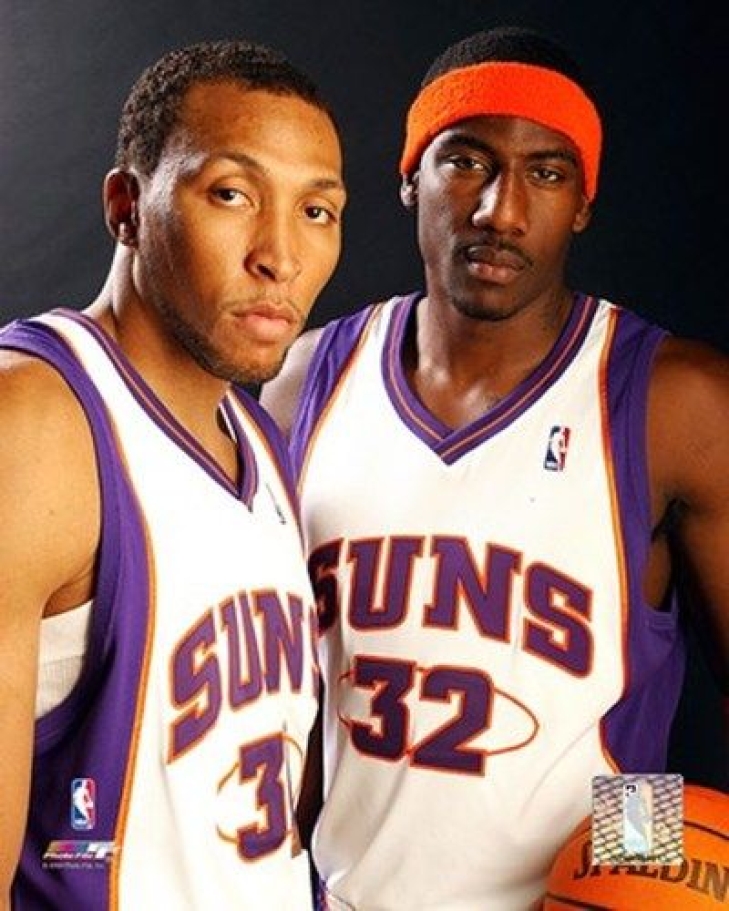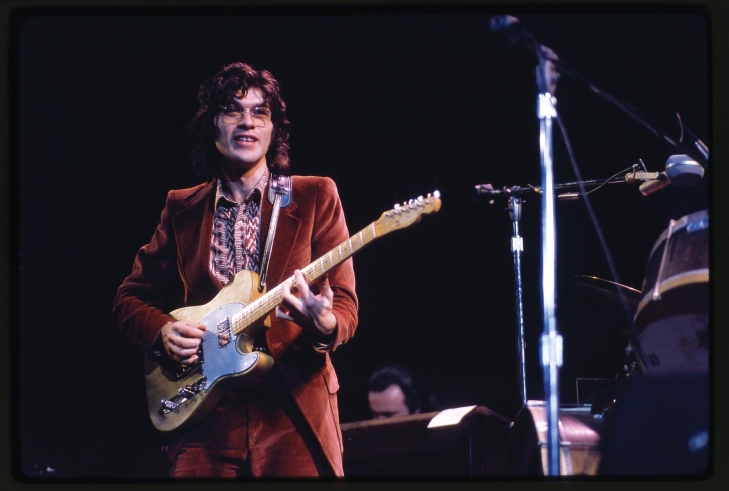
Committee Chairman
The Pro Football Hall of Fame Revisited Project: 1947 SEMI-FINAL VOTE
1947 SEMI-FINAL RESULTS:
Thank you for all of you who have participated in the Pro Football Hall of Fame Revisited Project, and if you are unaware of what that is, simply, we acted as if the PFHOF had their first class in January of 1946?
We have completed the first year, where a Preliminary, Semi-Final and Final vote for the 1946 Class, which inducted Fritz Pollard, George Halas, Curly Lambeau, Jim Thorpe and Red Grange into the “Modern Era”. Pudge Heffelfinger, was chosen as part of the Seniors Category.
For “1947” a Preliminary Vote with 130 players whose playing career ended by 1940. We are also following the structure in that players have 20 years of eligibility, and if they do not make it into the Hall, they are relegated to the Senior Pool.
Each voter is asked to select 25 names from the preliminary list, with the top 25 vote getters named as Semi-Finalists.
A week later, the voters were asked to pick 15 names from the 25 Semi-Finalists, and next after, they will pick five from the remaining 15. We will continue this process weekly until we catch up to the current year.
Following 29 votes received in the 1947 Preliminary Ballot, we had the same amount for the Finals.
This is for the “Modern Era”
Bold indicates they advanced to the Finals:
|
Player |
Year of Eligibility |
Vote Total |
|
Paddy Driscoll HB-QB-TB-BB (’46 Finalist) |
13 |
28 |
|
Ernie Nevers FB (’46 Finalist) |
11 |
28 |
|
George Trafton C (’46 Finalist) |
11 |
28 |
|
Cal Hubbard T-E-DE-G (’46 Finalist) |
6 |
27 |
|
Ed Healey T-G-E (’46 Finalist) |
16 |
26 |
|
Duke Slater T (’46 Finalist) |
11 |
26 |
|
Guy Chamberlin E-WB (’46 Finalist) |
15 |
25 |
|
Pete Henry T (’46 Finalist) |
14 |
24 |
|
Johnny Blood TB-HB-WB-BB-DB (’46 Finalist) |
4 |
23 |
|
Dutch Clark TB (’46 Finalist) |
4 |
22 |
|
Benny Friedman TB-DB (’46 Finalist) |
8 |
21 |
|
Clark Hinkle FB-LB-HB-DB |
1 |
20 |
|
Lavvie Dilweg E |
8 |
18 |
|
Link Lyman T |
8 |
18 |
|
Joe Guyon WB-TB-BB-FB |
15 |
16 |
|
Cliff Battles TB-FB-WB-DB |
5 |
13 |
|
Mike Michalske G-T-LB-BB |
5 |
13 |
|
Verne Llewelyn B |
10 |
12 |
|
Jimmy Conzelman HB-TB-BB-E |
13 |
11 |
|
Ray Flaherty E-DB |
7 |
11 |
|
Dutch Sternaman HB-QB-FB |
17 |
9 |
|
Steve Owen T-G |
9 |
7 |
|
Ox Emerson G-C |
5 |
5 |
|
Walt Kiesling G-T (’46 SF) |
4 |
5 |
|
Red Badgro E-DE |
6 |
2 |
All 11 Finalists from 1946 advanced as Finalists for 1947. As there were no tie for the final spot, we have 15 Finalists. There are four first time Finalists.
This is for the “Senior Era”
*Bold indicates they advanced to the Finals:
|
John Brallier (’46 Finalist) |
N/A |
23 |
|
Charles Follis (’46 Finalist) |
N/A |
22 |
|
Blondy Wallace |
N/A |
16 |
|
Henry McDonald |
N/A |
14 |
|
Ted Nesser |
N/A |
12 |
Next Saturday, we will be posting the results and announce the 1947 Pro Football Hall of Fame Revisited Class of 1947.
Thank you to all who contributed, and if you want to be a part of this project, please let us know!
The Top US Football Players of All Time
Football is a sport ingrained in US culture. It has some of the best teams in the world. However, teams are made up of skilled individuals, which is why football coaches do their best to produce legends daily. Throughout the years there have been many such players leading their teams to victory.
A good match is always remembered which is why there are plenty of fans are anticipating the next match. The popularity of football has prompted various sports channels and platforms to cover the latest news. Some of these platforms are online sportsbooks.
There are many football leagues like the NFL that get bettors’ attention. This is why such platforms offer several football betting options illustrated in the football section. These sites cover various other football aspects and the main thing about them is to enjoy them responsibly. Bettors will find features and bonuses at these sites, and they can stick to other sports such as baseball, basketball, boxing, and more, as these are available too.
As mentioned before, the US has had a plethora of legendary football players. Here are several such individuals:
Jim Brown
When it comes to legendary players, Jim Brown always makes the list. Although he has been retired for some time now, he’s got a splendid record that rivals those of modern players. He’s one of the best for a reason. Brown’s golden era was with the Cleveland Browns and it spanned from 57 to 65. His strength and agility made him a force to be reckoned with on the field which is why he took the leading spot for a marvelous eight seasons.
Jerry Rice
The world of football has had some spectacular wide receivers, but none of them have been as good as Jerry Rice. He gave 20 years to football and he played for the 49ers, Raiders, and Seahawks. What separates Rice from other players is his work ethic and his endurance. Both were crucial to landing him several records such as being a leader in receiving yards, receptions, and touchdowns. His staggering record speaks for itself and is a must-see for any aspiring wide receiver.
Lawrence Taylor
LY is initially that’s well-known in the world of football as it stands for Lawrence Taylor. This player changed the way the game was played which is why he’s got three rewards as a defense player. His skills are what helped the Giants have an impeccable defense. His talent for offense disruption is what gives him his shine. On top of that, he’s got several other rewards under his belt as well as two Super Bowl championships.
Reggie White
This is another defensive player who happens to have the nickname of Minister of Defense. White played defense for the Packers, Eagles, and Panthers, and thanks to his skill he was feared on the field as a passed rusher. He was a leader on the field and off of it.
These four players show what it means to be among the best. It doesn’t matter if they were defensive or offensive players, they showed that the right skill will have you etched in the history of football.
The Phoenix Suns will induct Amar'e Stoudemire and Shawn Marion to their Ring of Honor
Regular visitors of Notinhalloffame.com know that we are slowly working on the top 50 of every major team in the NHL, NBA, NFL and MLB. Once that is done, we intend to look at how each team honor their past players, coaches and executives. As such, it is important to us that the Phoenix Suns have announced that Shawn Marion and Amar’e Stoudemire will have their numbers retired and become members of their Ring of Honor.
Marion joined the Suns as the 9th Overall Pick in 1999 after a good career at UNLV. The Forward went to four All-Star Games as a Sun, averaging 18.4 Points per Game over nine seasons. Twice a Third Team All-NBA Selection with Phoenix, Marion won an NBA Championship with Dallas in 2011.
Stoudemire was also a 9th Overall Pick (2002) and won the NBA Rookie of the Year. A five-time All-Star with Phoenix, Stoudemire was a First Team All-NBA Selection in 2007, and added three Second Teams (2005, 2009 & 2010). He averaged 21.4 Points and 8.9 Rebounds per Game as a Sun.
Their numbers (Marion #31 & Stoudemire #32) will join Alvan Adams (#33), Charles Barkley (#34), Tom Chambers (#24), Walter Davis (#6), Connie Hawkins (#42), Kevin Johnson (#7), Dan Majerlie (#9), Steve Nash (#13), Dick Van Arsdale (#5) and Paul Westphal (#44). Jerry Colangelo, Cotton Fitzsimmons, John MacLeod, Al McCoy and Joe Proski are also members of the Ring of Honor.
The date of their inductions has yet to be determined.
We here at Notinhalloffame.com would like to congratulate Shawn Marion and Amar’e Stoudemire for earning this impending honor.
RIP: Robbie Robertson
Robbie Robertson, the acclaimed singer/songwriter best known for his work with The Band, passed away today. He was 80 Years Old.
Born in Toronto, Ontario and raised in the Six Nations reserve, Robertson first joined a band at age 13, and would later meet Ronnie Hawkins, a Canadian rockabilly performer who would recruit him for his group, Ronnie Hawkins and the Hawks.
It was with the Hawks that he met Levon Helm. The Hawks would later add Rick Danko, Mickey Jones and Garth Hudson, and in 1964, the quintet left the Hawks to form their group, known simply as “The Band”. After touring with Bob Dylan as his backing band, Robertson would be the principal songwriter for the group, penning such hits as “Up On Cripple Creek”, “The Weight” and “The Night They Drove Old Dixie Down”, which made them stars in the late 60s and early 70s.
Acclaimed director, Martin Scorcese, filmed the documentary, “The Last Waltz”, which served as the backdrop of their breakup. Robertson would work with Scorsese often as a music producer or consultant for many of his films, including “Raging Bull”, “The King of Comedy”, “Casino”, “Gangs of New York” and “The Wolf of Wall Street”.
Robertson had his own successful solo career, generating multiple albums and minor hits. He is a member of the Canadian Juno Music Hall of Fame (1989) and the Rock and Roll Hall of Fame as a member of the Band (1994).
We here at Notinhalloffame would like to extend our condolences to the fans, friends and family of Robbie Robertson.





